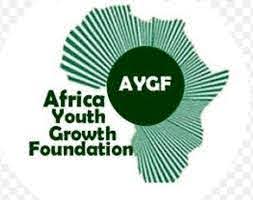Dr Arome Salifu, an economic expert has urged the Federal Government to tax wealthy Nigerians and also introduce more welfare packages for the poor and the most vulnerable, amidst the nation’s second round of recession and contraction in its GDP in Q3 of 2020.
In an interview with the News Agency of Nigeria (NAN) in Abuja on Tuesday, Salifu said the government must enact a sustained policy of import substitution to boost local production with a view to create jobs for the youth.
According to him, whilst the second round of recession in Nigeria is sad and unfortunate, the situation should be blamed on the impact of Covid-19.
Salifu, who is also the Executive Director, Africa Youth Growth Foundation (AYGF) noted that #EndSARS protest had no such impact on the economy.
Reacting to the government’s plan to re-open land borders, the expert said opening the borders at this time may not affect the economy, even though unregulated importation of products that could be produced locally may impact on local industries and lead to possible job losses.
Another economist, Dr Sam Fogbonjaiye said for the country to slip into another phase of recession was an indication of its sectoral performance, as it related to production, especially given the fact that the country’s output was undoubtedly low compared to its consumption requirements.
“It is regrettable to wake up to the reality of the COVID-19 lockdown that took hold of our economy. Production was almost halted except for essential commodities. By and large, the lockdown impacted negatively on the economy. But that is not a sufficient and single cause of the shock in the trend. Economic stimuli, injections and growth incentives are totally absent in most sectors and where present it was in short supply. We should not be misinformed by the political class that paints the picture differently. Suffering, poverty and all related vices are all products of a failed economic engagement”.
The expert noted that to accelerate economic growth and development in the light of the current challenges, borrowing for consumption must be stopped and instead, the government should direct its expenditures to inter-sectoral development.

